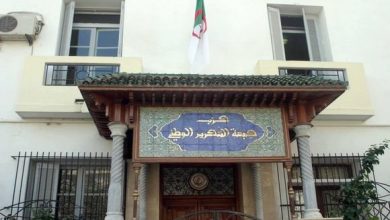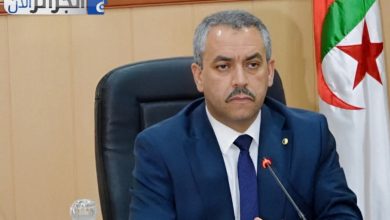Prime Minister Seif Ghrib presided over a government meeting on Tuesday dedicated to examining several crucial files central to the executive’s priorities. The session focused on projects and plans related to culture, education, scientific research, and the circular economy.
The meeting commenced with a review of a draft presidential decree outlining the conditions and modalities for the creation and maintenance of artistic works in public spaces. This includes statues, monuments, and memorials. The regulatory text aims to establish a clear framework and unified technical, artistic, and aesthetic standards. The objective is to ensure the construction of artistic works that reflect the historical, cultural, and social dimensions of the Algerian nation, adhering to the highest standards of design and execution.
The government then received a detailed presentation on the emergency plan to improve the schooling conditions of primary school students. This plan, implemented under the President’s directives, focuses on strengthening school catering services, improving maintenance, heating, and transportation conditions, and providing personnel, especially for students in rural and remote areas. The goal is to guarantee adequate and safe schooling throughout the current academic year.
Furthermore, the government heard a presentation on mechanisms to enhance technology transfer and build a development model based on innovation and scientific research. This initiative supports the economic role of Algerian universities. The proposed roadmap includes establishing a comprehensive national network connecting laboratories and technological platforms in universities and research centers. This aims to optimally utilize technical and human capabilities, achieve sustainable technological sovereignty, and drive industrial and economic growth.
Finally, the meeting addressed the national code for waste recycling and valorization sectors. Emphasis was placed on the national strategy for transitioning towards a circular economy that relies on converting waste into resources and energy. This strategy is based on deploying structured recycling sectors across the country and implementing the principle of extended producer responsibility. This ensures the involvement of manufacturers in managing and financing the post-consumption phase, creating new jobs in green sectors, reducing dependence on imported raw materials, and preserving natural resources.
Through these steps, the government continues to realize the State’s orientations aimed at promoting sustainable development, modernizing the education system, promoting scientific research, and improving the living conditions of citizens.




